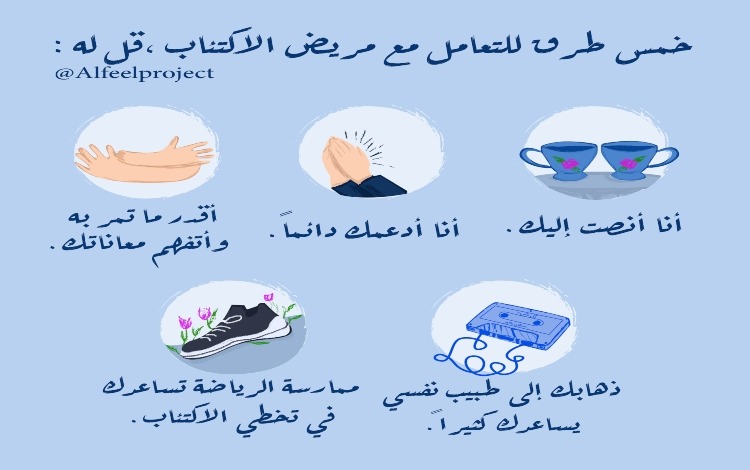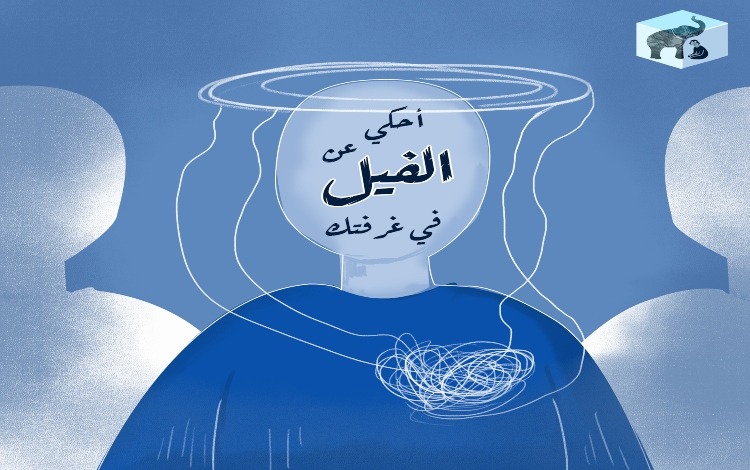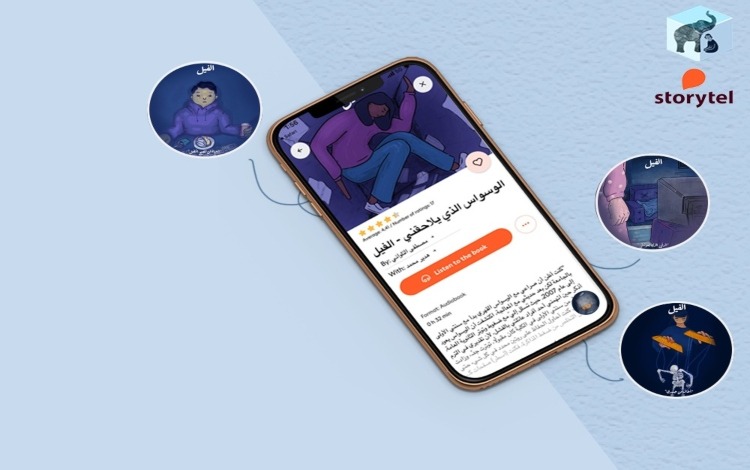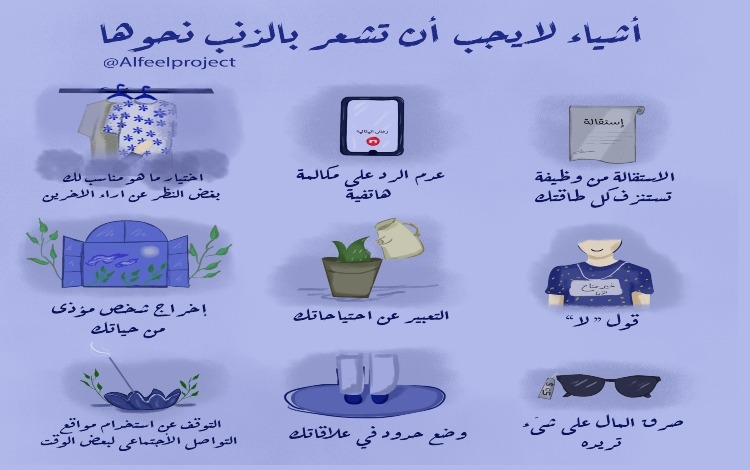Last month, Storytel MENA launched “Al-Feel,” an audio series on mental health revolving around real life stories concerning Arabs and their battles with mental health. The stories are submitted to Storytel anonymously, and are done voluntarily. In addition to the stories, a team of psychiatrists and psychologists across the MENA region offer their insight on them. The primary objective of this audio series is to merge the bridge between Storytel and those who require support for their ongoing mental health issues. “Al-Feel,” the Arabic word for elephant, refers to the Western expression of “the elephant in the room,” which is an overwhelming issue that occupies a significant amount of space, and yet, is avoided. Psychiatrists and psychologists listen to the stories, and share their professional analysis on mental illnesses such as depression, bipolar disorder, schizophrenia, and others, to raise awareness about the prevalence of such matters that are widely stigmatized within the Arab region. Following suit with their logo, “Taking care of one’s mental health is no luxury,” the program offers an experience similar to a virtual session, bringing the psychologist and the patient together digitally, as a way to spark necessary change towards the perspective on mental health, and consciously moving towards taking action.
We discussed with Storytel MENA about how Al-Feel came to be, what they offer, and what their goals are, and we got more than we bargained for. After a meaningful chat, we hope every reader can pass the message along to someone who needs to hear this, and get the help they need.

Was the need for this project already in the works from before the pandemic? Or did the pandemic further amplify the need for this to be launched?
We started working on Al-Feel back in 2019. It’s a project we’ve long wanted to work on. For sure the pandemic put our mental health to the test, but lack of awareness and willingness to ask for help has been a problem in the Middle East long before the pandemic. Research on Google for “how to improve my mental health” grew by 1,100% from 2016 to 2021.
What types of guidelines or measures must be respected and followed from the moment you receive a story to the moment it’s been released?
We received all our stories for season one from Al-Feel through our network of social workers and researchers. Once a researcher gets in contact with someone who wants to tell their story, they match them with one of our writers. The role of the writer is then to learn as much as possible about this case and fill in the blanks, (symptoms, experiences…etc). The communication between the writer and contributor varies based on what the contributor is comfortable with. Some want to talk on the phone, some want to email, and some prefer not to come in direct contact with the writer at all, but instead share their story through the social worker. We do whatever the contributor is comfortable with. Many also prefer that we don’t mention their nationality or any details about where they come from in the story and we do strictly abide by that. Some prefer using alternative names and some prefer to go with no name at all.
Once we have a complete story, we assign it to one of our partner-psychologists/psychiatrists to work on. The psychologist/psychiatrist then writes a response to the case where they reflect on the disorder this person is battling. They discuss the symptoms, treatment, important steps to take…etc. Next phase is production; our director casts narrators who would fit the story best. It’s very important to find the right voice that can communicate the feelings in the story and stay genuine without exaggeration or overacting.

Why do you think mental illness is stigmatized within the Arab world?
The stigma around mental health is purely cultural. We’re just not there yet. Break your leg, go to the doctor, break your heart, stay home. This culture is definitely fed by both negative and inaccurate portrayal of psychiatric disorders in the media, be it movies, series, tv shows…etc. Media in the Arab world has been and still does spread so many misconceptions about mental health. If stories about patients being tortured and electrocuted by health care workers is all we see and hear about, how are we to change?
Besides raising awareness, what more is needed in order for Arabs to properly address mental health issues head-on?
This brings us to what’s needed, and that, we believe, is MORE STORIES! Different stories, real stories. We at Storytel strongly believe in the power of stories to change thought and behavior. We first came up with Al-Feel’s idea because we knew that people won’t pay much attention to purely educational awareness content. We had to find a gateway to people, something that brings them closer to the topic, and so we decided that’s engaging storytelling. People don’t want to just be told what to do, they want stories, content they can relate to, content that makes them feel something and we decided to give them that. And the storytelling doesn’t stop here. We’ve launched the hashtag #احكي_عن_الفيل_في_غرفتك (Tell us about the elephant in your room) to encourage more people to tell their stories and normalize talking about mental health.

What kinds of campaigns or programs can be launched in order to introduce a healthy dialogue about mental health within Arab homes?
Joint efforts lead to greater results and that’s what we’re aiming for right now. We’re collaborating with as many specialists and experts in the field as possible and we’re doing live chats with them on our Instagram page to answer people’s pressing questions. We believe that’s a good start for starting up a positive dialogue along with storytelling of course. One of the most side-lined disorders we’ve tackled in our audio episodes is postpartum depression. The more we tell stories about it, the more we can correct misconceptions about motherhood.
How do cultural aspects in the Arab world stigmatize mental illnesses such as bipolar disorder, schizophrenia, or anorexia?
What I can add here is that there are so many misconceptions about “how to be fine.” Sometimes people leave comments like “just pray” or “go out with friends,” which of course, people are free to do if it does make them feel better, but if they have a psychiatric disorder they do need help from a specialist. It isn’t just going to “go away.” Oversimplifying mental health is definitely a cultural issue.

Throughout the pandemic, has there been an increase regarding domestic abuse? Has it been difficult to obtain stories regarding this issue?
We haven’t done any research on domestic abuse ourselves. We did receive stories where the contributors were victims of it, and in some cases it was hard for them to open up about it, which we of course understand.
How does the mentality of the Arab world shun and shame those who suffer from suicidal tendencies? What kind of engagement can be carried out for this conversation to have a meaningful and effective result?
More awareness about the different disorders. We recently had a live chat with a psychologist on depression and she spoke about how what the patient is experiencing is “not their fault,” you can’t ask them to just “stop” or “change,” you have to be more understanding and accepting. If you do, then you won’t shame them for how they behave or what they choose. Stories help with that, they put you in their shoes, walk you through their journey. Stories are very unique in that way, they generate empathy.



